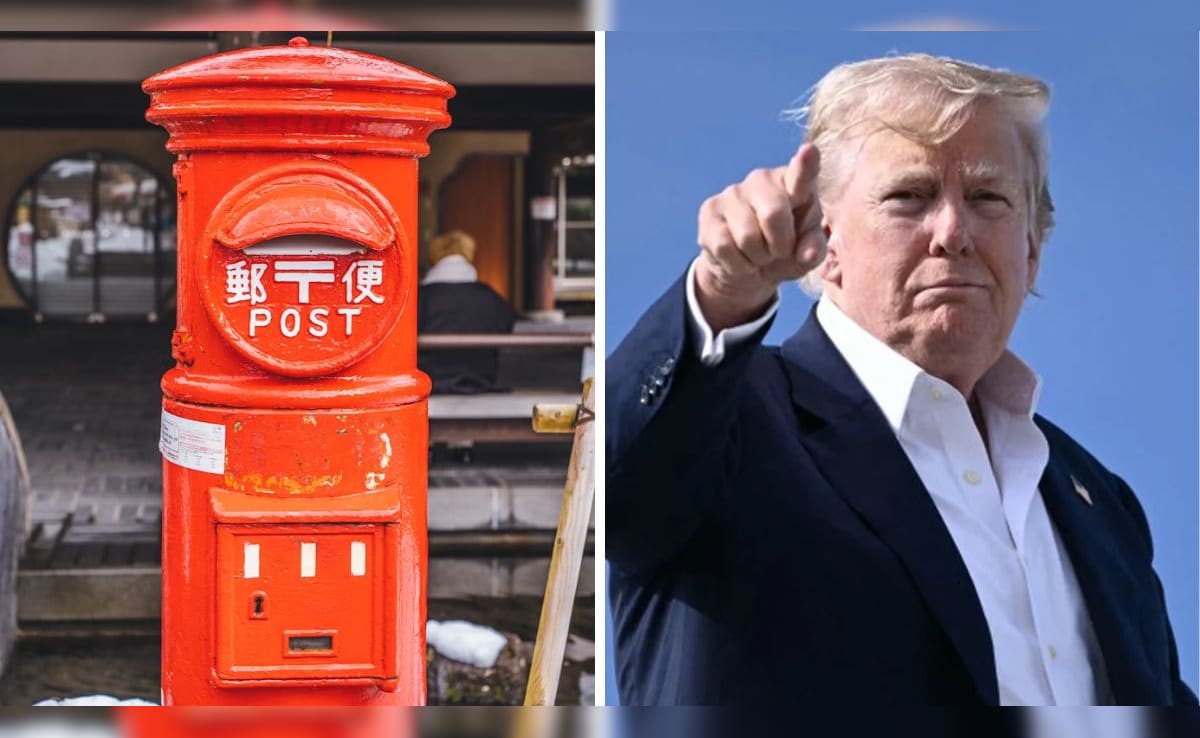As part of efforts to force Taiwan to submit to Chinese Communist Party rule, Beijing is sensitive to indications of Taipei developing stronger military ties with Washington, despite the United States being committed to supporting the island to maintain its military defenses under the Taiwan Relations Act.
An unannounced visit by U.S. lawmakers has become the latest focus of Beijingâs ire, after Taiwanese aircraft enthusiasts on Tuesday evening spotted a Boeing C-40A plane registered to the United States military that took off from Clark Air Base in the Philippines and landed at Taipeiâs Songshan Airport.
In response to questions from local media, Taiwanâs Ministry of Foreign Affairs said that the flightâs itinerary was coordinated with American Institute in Taiwan, the United Statesâ de facto embassy, adding that it would release more details later.
Pentagon press secretary John F. Kirby on Tuesday told reporters that it was a congressional, not Pentagon, delegation and added that such visits to Taiwan are âfairly routineâ and often make use of military aircraft.
But China, always on trigger-alert for indications of greater American support for Taiwan, responded with characteristic anger on Wednesday.
Ministry of Defense spokesman Tan Kefei called the visit âsneaky.â âThe Chinese Peopleâs Liberation Army will stay on high alert at all times and take all necessary measures to resolutely smash any interference by external forces and âTaiwan independenceâ separatist plots,â he said in a statement.
The Eastern Theater Command on Tuesday night launched combat readiness drills near the Taiwan Strait, which it declared âtargeted the seriously wrong behavior of the relevant country,â a rare reversal of the PLAâs standard practice of denying that its maneuvers target a particular country. Taiwanâs Ministry of Defense reported six Chinese warplanes had flown into Taiwanâs air defense identification zone that day.
Confirmation last month from Taiwanâs President Tsai Ing-wen that U.S. troops had been taking part in training programs on the island â an unusual public acknowledgment of long-standing exchanges â drew stern warnings from Beijing.
China, spurred by severe distrust of Tsai and her efforts to bolster Taiwanâs international image, has escalated military saber-rattling by sending increasingly large numbers of bombers and fighter jets to near the periphery of the islandâs airspace, as part of âgray zoneâ tactics to wear down Taiwanâs defenses with a gradual ratcheting up of aggression that stops just short of conflict.
Despite warnings from Taiwan and the United States that these activities risk miscalculations and could spill into conflict, China has continued to advertise its maneuvers to boost patriotism at home, arguing that it is defending the national interest and deterring âindependence forcesâ in Taiwan.
On Wednesday, the PLAâs combat drills were the top trending item on Chinese microblog Weibo, where political content is carefully curated by censors.
âThe current situation is that everyone wants global peace, but we cannot reply on people in Taiwan coming to their senses to bring about unification,â one popular post read. âBy showing that we arenât afraid to fight, and have the courage and determination to fight to victory, we can shock those Taiwan secessionists and avoid the situation becoming hopeless.â
Lyric Li in Seoul and Alicia Chen in Taipei contributed to this report.
.png)











 English (United States) ·
English (United States) ·  Turkish (Turkey) ·
Turkish (Turkey) ·